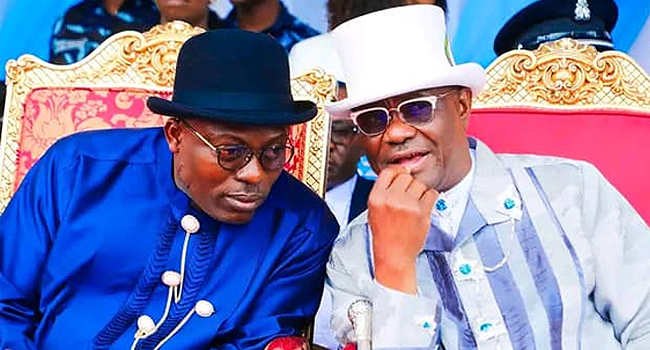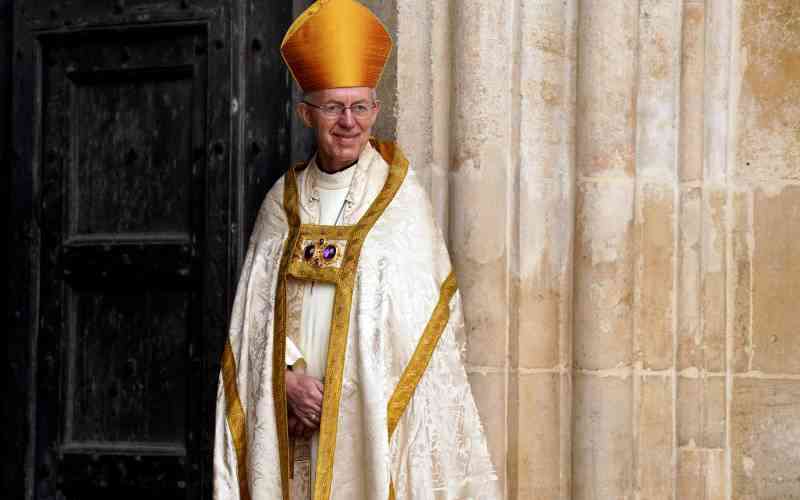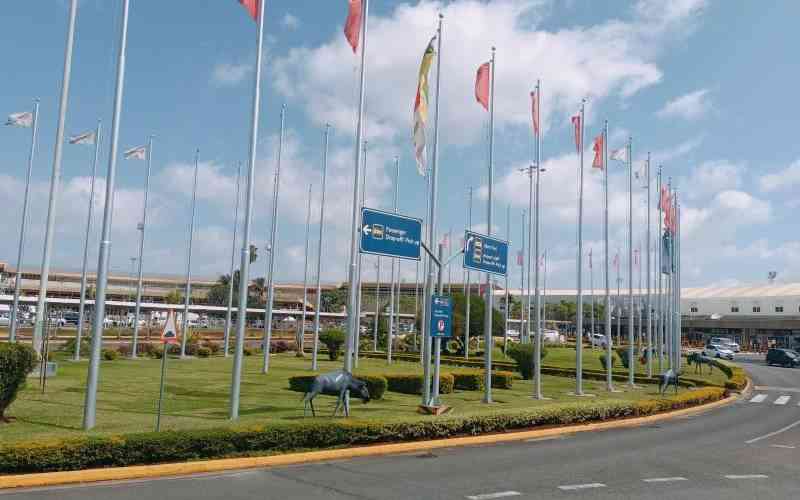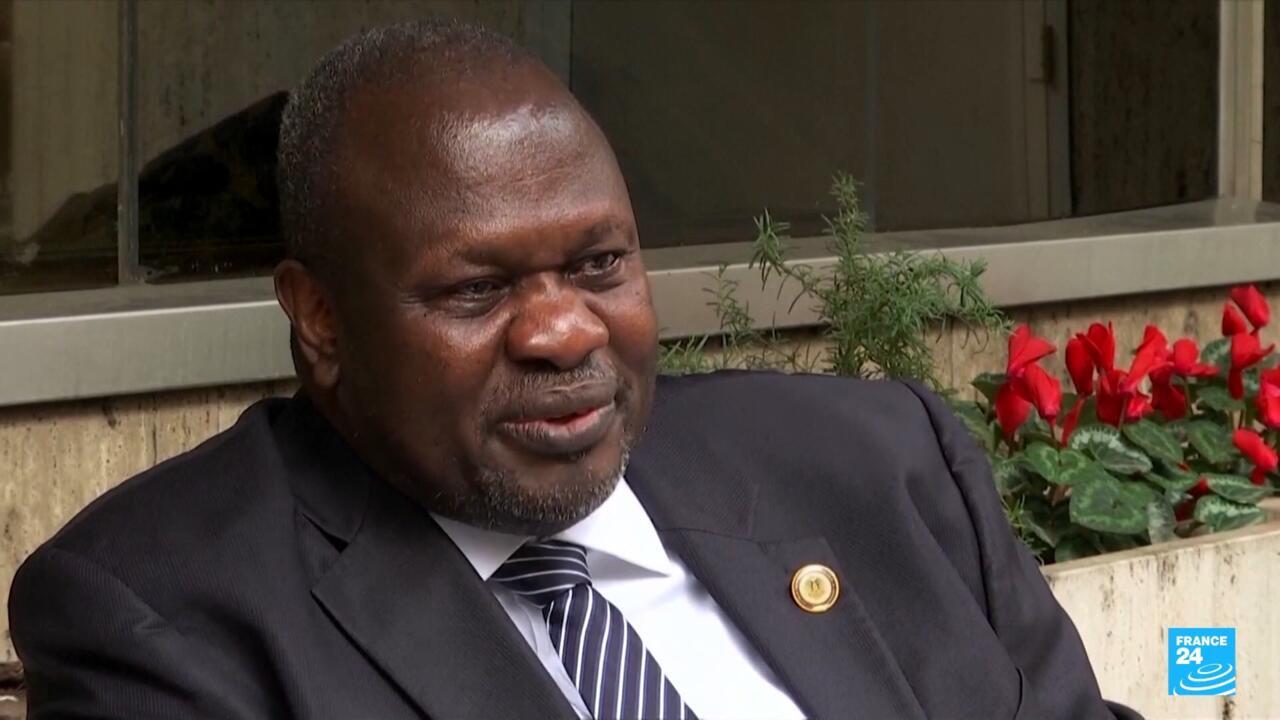Fubara, Wike, Tinubu and the Political Situation in Rivers State

President Bola Ahmed Tinubu's declaration of a six-month state of emergency in Rivers State has sparked intense debate and controversy, drawing reactions from various quarters, including Nobel Laureate Professor Wole Soyinka. The declaration, ostensibly aimed at addressing political unrest and pipeline vandalism, has been interpreted as a strategic intervention with significant implications for Governor Siminalayi Fubara, his predecessor Nyesom Wike, and the broader political landscape of Rivers State.
According to G. Fraser, the political crisis in Rivers State has been escalating, fueled by a feud between Governor Fubara and factions within the State House of Assembly, many of whom are loyal to former Governor Wike. The assembly had initiated impeachment proceedings against Fubara, citing issues related to budget presentations and legislative composition. Simultaneously, incidents of pipeline vandalism, such as the fire on the Trans Niger Pipeline, have raised concerns about the state's stability and economic security.
Tinubu's declaration of a state of emergency entails the suspension of the governor, deputy governor, and state lawmakers for six months, with retired Vice Admiral Ibokette Ibas appointed as the military administrator. This move effectively halts the impeachment process and neutralizes the immediate threat to Governor Fubara's position. It provides a window for Fubara to reassess and strengthen his political alliances without the pressure from the legislative arm.
The suspension of the State House of Assembly, dominated by Wike's loyalists, curtails the former governor's immediate influence over state affairs. With the legislative body rendered inactive, Wike's capacity to maneuver politically within the state is significantly reduced, serving as an indirect check on his power. According to Fraser, this strategic move by Tinubu underscores a commitment to maintaining stability and curbing potential abuses of power without direct confrontation.
The imposed state of emergency offers Governor Fubara a crucial period to consolidate his political base and address internal conflicts. Freed from immediate legislative challenges, he can focus on building alliances and implementing policies that resonate with the populace, thereby strengthening his position ahead of the resumption of normal political activities.
However, Nobel Laureate Professor Wole Soyinka has voiced strong criticism of President Tinubu's declaration. In an interview on Channels Television, Soyinka described the situation as excessive, arguing that it betrays the spirit of federalism. Speaking with The Africa Report, Soyinka said the Nigerian constitution gives the president too much power. He also said it is debatable if the move was a wise one. Soyinka said there is a need to amend some sections of the constitution.
Soyinka reiterated his call for a national conference which he said would provide an opportunity to “really accord ourselves an authentic people’s constitution”.
Amidst the political turmoil, suspended Governor Siminalayi Fubara was spotted at Salvation Ministry, Port Harcourt, on Sunday, dressed in white native attire and accompanied by a few associates. The presence of the suspended governor at the church service adds another layer to the unfolding drama in Rivers State.
President Tinubu's declaration of a state of emergency in Rivers State serves as a multifaceted strategy aimed at restoring order, safeguarding economic interests, and recalibrating the state's political landscape. It temporarily shields Governor Fubara from political threats while simultaneously diminishing former Governor Wike's influence. However, the move has also raised concerns about the overreach of presidential power and the need for constitutional reforms to ensure a more balanced federal system.










